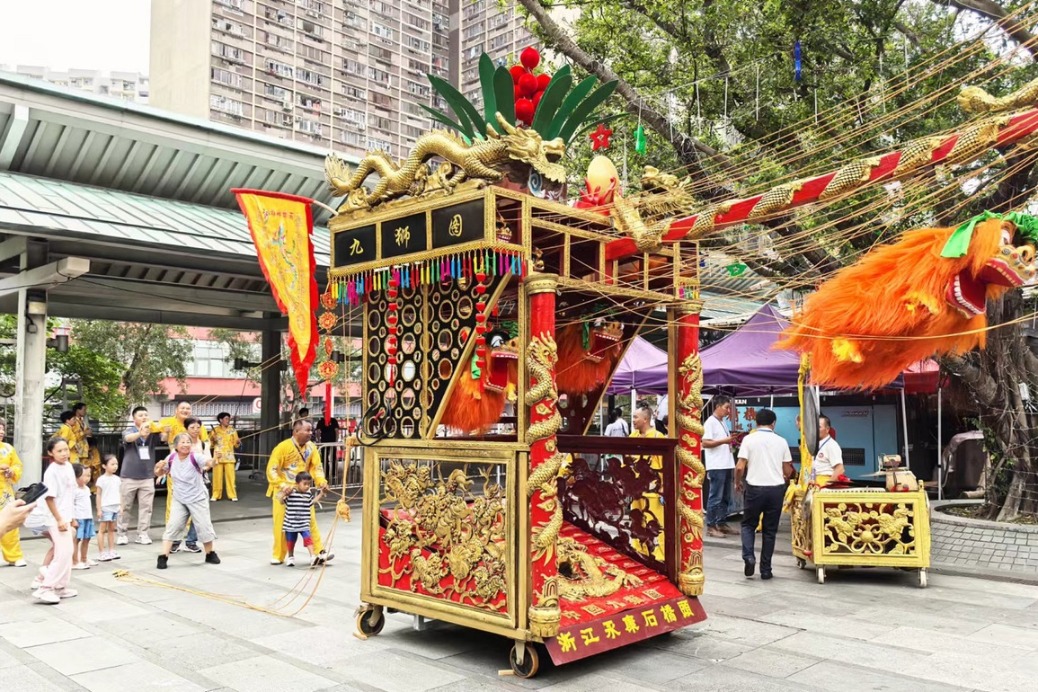Incense-making boosts rural revitalization in Shandong county


Based on the incense-making industry, Guocun County of Heze City in Shandong province has been focusing on the culture's soft power to facilitate their way to rural revitalization.
Dating back to the late Yuan Dynasty, incense production began in the early 20th century in the county relying mainly heavily on manual labor. Inspired by noodle-making and packaging machines, villagers of Wusanmiao Village of the county invented semi-automatic machines, which helped increase the daily production to 500 kilograms. The incense-making craft of Wusanmiao has been recognized in the cultural heritage list of Heze City and won the gold award at the Qingdao International Expo.
The village has developed an entire supply chain covering raw materials, machinery, packaging and related industries. Guocun County's incense-making indusrty now boasts an industry scale of 130 million yuan ($926 million) with 35 incense-related enterprises including 13 incense factories, three incense basket factories, one cardboard box factory, five incense shops, five transportation companies and one ay tsao planting cooperative. Over 3000 villagers are involved in the production process of the incense, with daily wages ranging from 40 to 100 yuan.
Wusanmiao Village has become the largest incense production hub in southwest Shandong and is developing leisure, and health services related to incense. The village has established an e-commerce network covering on-line stores, livestreaming sales and virtual consultations.
The village's incense products are popular nationwide and have been exported to countries like Netherlands, Thailand, India and South Korea.





































